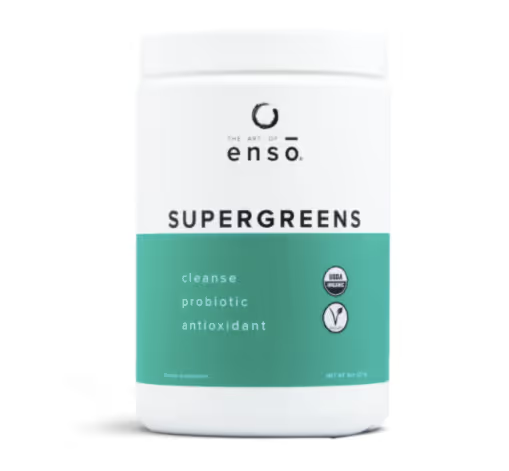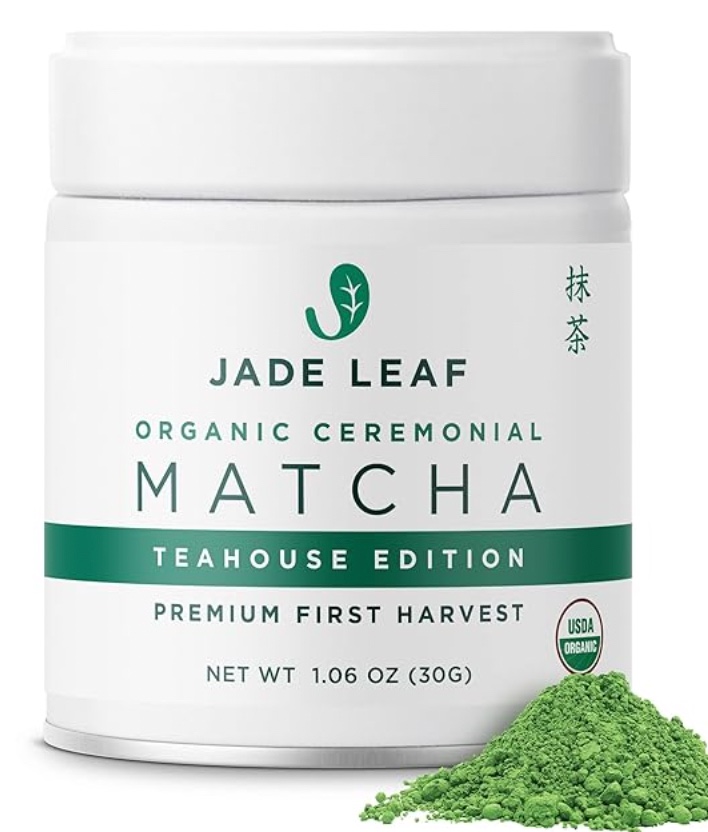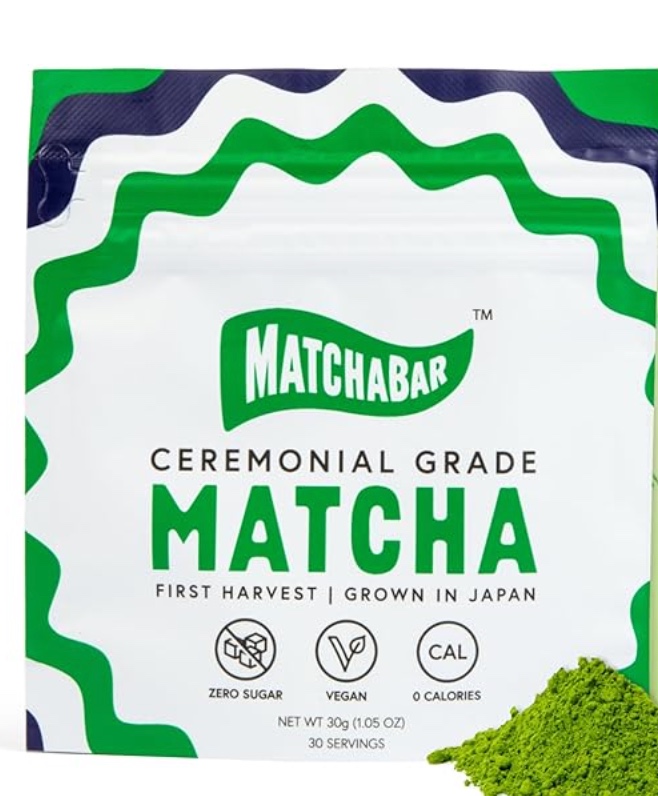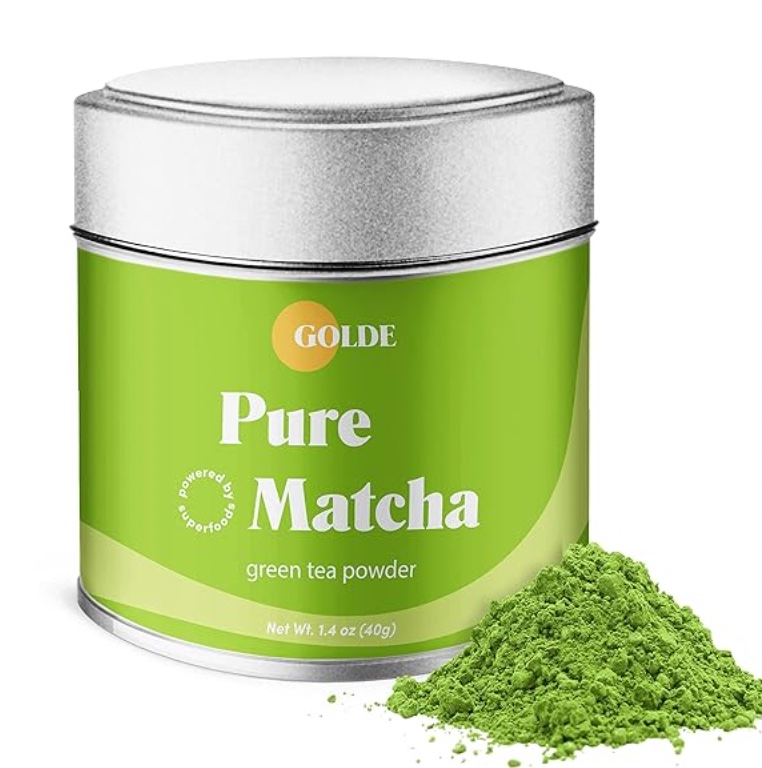What Are Matcha Powders and How Are They Supposed to Work?
Matcha is made from the same Camellia sinensis plant as green and black tea, but the production method is unique. A few weeks before harvest, the tea bushes are shaded, which increases their chlorophyll and L‑theanine content and produces a vibrant colour. Only the youngest, most tender leaves are picked, steamed to prevent oxidation, dried and then stone‑ground into a fine powder that’s whisked into water
Here's what makes matcha unique:
- Caffeine + L-theanine = calm, focused energy
- Energy lasts 4-6 hours (vs coffee's 1-2 hour spike)
- 137x more antioxidants than regular green tea
- No jitters, no crash, no anxiety
Here's what nobody tells you: Most matcha tastes like grass clippings and at $30-60 per tin its an expensive mistake to choose the wrong one.
So I did what any reasonable person would do: I bought ALL of them. 8 brands, $500 later, plus surveying 173 of my clients (matcha drinkers) about what actually matters to them.
Ceremonial vs. Culinary vs. Premium Matcha: What To Get?
Ceremonial Grade:
First harvest leaves, shade-grown for 3-4 weeks, stone-ground, deveined
Best for: Drinking straight with water.
Price: $30-60 per 30g
Premium/Latte Grade:
First or second harvest, shade-grown 2-3 weeks, less meticulously processed.
Best for: Daily lattes and smoothies.
Price: $20-35 per 30g
Culinary Grade:
Later harvests, less shade time, may include stems, machine-ground.
Best for: Baking, smoothies, or if you add lots of milk/sweetener.
Price: $10-25 per 30g
💡 Takeaway: Unless you're drinking matcha straight (just whisked with water), you probably don't need ceremonial grade. Save your money and get a good premium grade for lattes.
Harvest Timing (1st or 2nd) and What To Care About
As long as you buy the right grade (see takeaways) below you don't need to worry about harvest timing, but for those of you that are interested here is what you need to know:
First Harvest (Ichibancha)
- Harvested: Late April - May
- Characteristics: Sweetest, most umami, highest L-theanine
- Color: Vibrant jade green
- You'll pay: 30-50% more
Second Harvest (Nibancha)
- Harvested: June - July
- Characteristics: Slightly more astringent, still good quality
- Color: Bright green
- You'll pay: Standard pricing
Third Harvest (Sanbancha)
- Harvested: August - October
- Characteristics: More bitter, less complex flavor
- Color: Darker green
- You'll pay: Budget pricing
⚠️ Red Flags to Avoid
- "Ceremonial grade" under $20 for 30g (it's lying)
- No origin information (probably not Japanese)
- Added sugars or "natural flavors"
- Brownish or yellowish tint (old stock)
- Matcha blend" (mixed with fillers)
- No harvest date or "best by" date years away
💰 The Price Reality Check
Here's what you're actually paying for:
- $0.50-0.80/serving: Good culinary grade. Perfect for daily lattes.
- $0.80-1.20/serving: Premium grade. The sweet spot for most people.
- $1.50-2.00/serving: True ceremonial. Worth it if you drink it straight.
- $2.00+/serving: Ultra-premium. Diminishing returns unless you're a connoisseur.
🔥 Bottom Line: The most important thing is smooth taste that you enjoy. You get that from proper shade-growing and stone-grinding, not necessarily the highest price tag. A good $25-30 premium grade will satisfy most matcha drinkers so I only included brands that satisfied that requirement.
These are the factors that mattered to me for a matcha powder
I looked into the nutritional research of matcha powders and consulted with my tea sommelier friend Yuki Tanaka to eventually arrive at these factors:
✅ Smooth, Non-Bitter Taste Profile– No grassy aftertaste, natural sweetness, pleasant umami notes that don't require sugar to enjoy
✅ Clean Energy Without Jitters– Balanced caffeine (25-70mg) with naturally occurring L-theanine for sustained focus lasting 4-6 hours
✅ Authentic Japanese Origin & Processing– Shade-grown for 3-4 weeks, stone-ground, first or second harvest only, from regions like Uji, Nishio, or Kagoshima
✅ Mixability & Versatility– Dissolves completely in hot or cold liquids without clumping, works in traditional prep or modern lattes
✅ Vibrant Color & Freshness– Bright jade green color (not army green), packaged to maintain freshness, harvest date provided
✅ Third-Party Testing & Purity– Lab tested for heavy metals, pesticides, and radiation; organic certification when possible
✅ Price per Serving Value– Under $1.50 per serving for daily use, with ceremonial grades justifying higher prices through noticeable quality differences
✅ Brand Transparency & Sourcing– Direct relationships with farms, clear grade designation (ceremonial vs culinary), no misleading "ceremonial" claims on culinary-grade products
How I tested & evaluated matcha powders 🔬
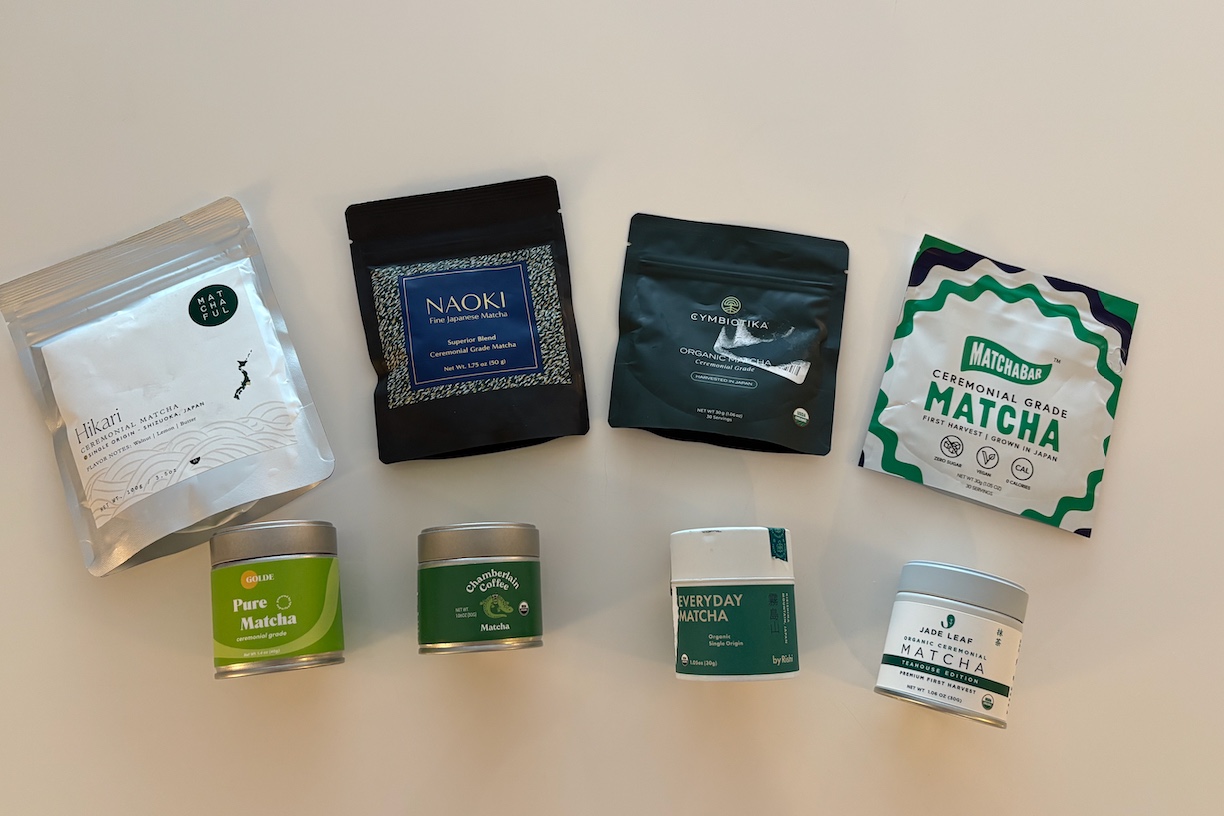
All of my "beets"!
I selected eight popular matcha powders—including the ones in the survey and some buzzed‑about on social media—and evaluated them over six weeks. Each powder was prepared according to the traditional method (hot water at ~160 °F whisked with a bamboo chasen) and also tested in lattes and smoothies. I scored each on:
✅ Ingredient quality & sourcing – first‑harvest vs. second‑harvest leaves, ceremonial grade, single origin, organic certification and third‑party testing.
✅ Taste & aroma – colour, grassiness vs. nuttiness, bitterness, and complexity when consumed straight.
✅ Ease of mixing – how well the powder dissolves and whether it clumps.
✅ Jitter‑free energy – subjective feeling of focus vs. jitters or crash.
✅ Value – price per gram and overall satisfaction.

- Absorbency
- Elemental Chlorine-free
- Dye-free (inside)
- Fragrance-free
- Latex-free
- Lotion-free
- Responsibly sourced material
- Manufactured with renewable energy
- Certifications
- Wetness indicator
My testing line up




